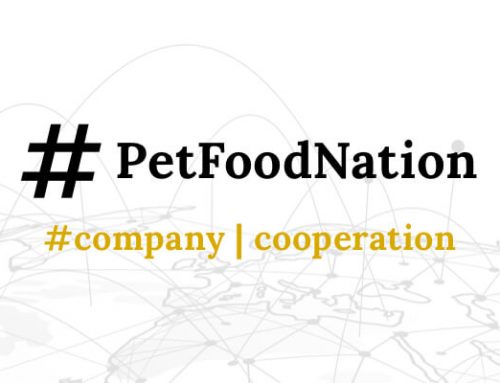The veterinary regulator Rosselhoznadzor assumes that Western pet fod companies sell products with false label statements on Russian market. This shall be a result of a test by Rosselhoznadzor. According to Sergey Dankvert, head of Rosselhoznadzor, they found 380 out of 450 samples that did not suit the declared ingredients.
Since 2020, the veterinary regulatory, that is resposible for permits and licenses in Russia, has restricted pet food imports from the U.S., Canada, Netherlands, Germany, Spain, Great Britain, Belgium and several other European countries.
Rosselhoznadzor believes that there re no regulations in Western countries forbiding pet food producers to replace some components with others. This “mass falsification” shows a lack of quality control, Dankvert said. Regardin Belgian pet food, he added, “Instead of the lamb and turkey mentioned on the product label, we found DNA of cattle and pork.”
Dr. Katrin Langner, managing director of the German Industry Association for Pet Supplies (Industrieverband Heimtierbedarf, or IVH), explained to PetfoodIndustry that production and labeling of pet foods fulfil all legal demands.
“We have read the statements of Rosselhoznadzor and are in close contact with our member companies and our national authorities,” Langner said, adding that IVH has no information that European customers have ever complained about similar issues.
Kirill Dmitriev, chairman of the Russian zoobusiness union, questioned the use of DNA tests. “These tests [used by Rosselhoznadzor] have sensitivity so high that, for example, if a pig passes near a cow and accidentally touches it, they could identify cattle DNA in the products made from that pig,” Dmitriev said
“Without a quantitative analysis, the tests are senseless. For example, we find pork DNA in the products made of beef. So what? Under the Russian interstate standard, if some ingredient accounts for less than 2% of the product composition, the manufacturer is free not to mention it on the label at all. In the case of DNA, we speak about less than a hundredth of a percent.”
The problem is now, that pet food companies are in need to pay for Rosselhoznadzor’s tests and fulfil their requirements. These restrictions caused an increase in price of pet food in Russia.
Dmitry Grachev, chairman of the Russian Feed Union, said PetfoodIndustry.com that these statements constitute a direct threat to the stability and development of the entire industry.
He added, that there was no evidence of falsification so far. There are “primitive myths and conspiracy theories artificially planted in Russia by a number of interested parties.“
Read the full article -> petfoodindustry.com



